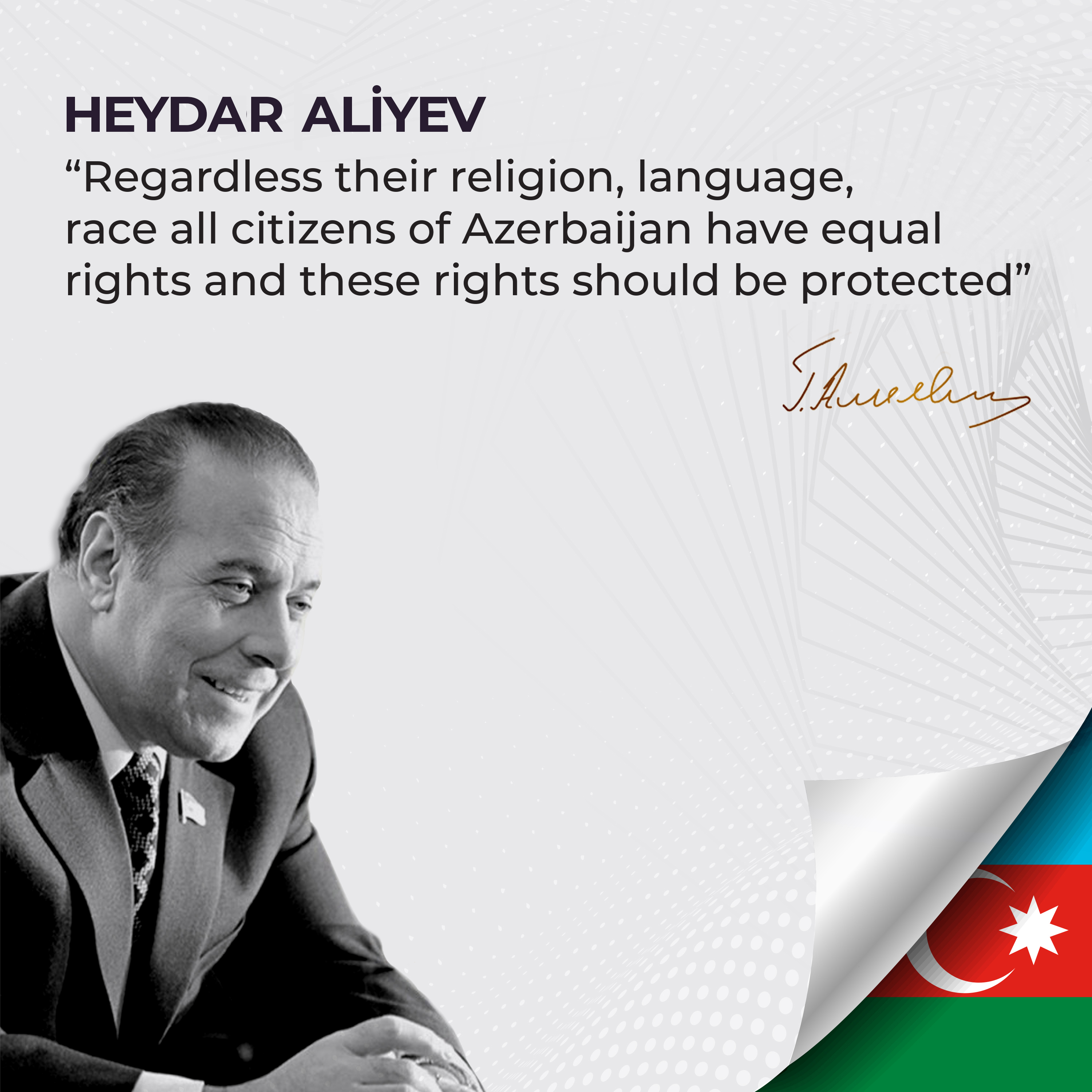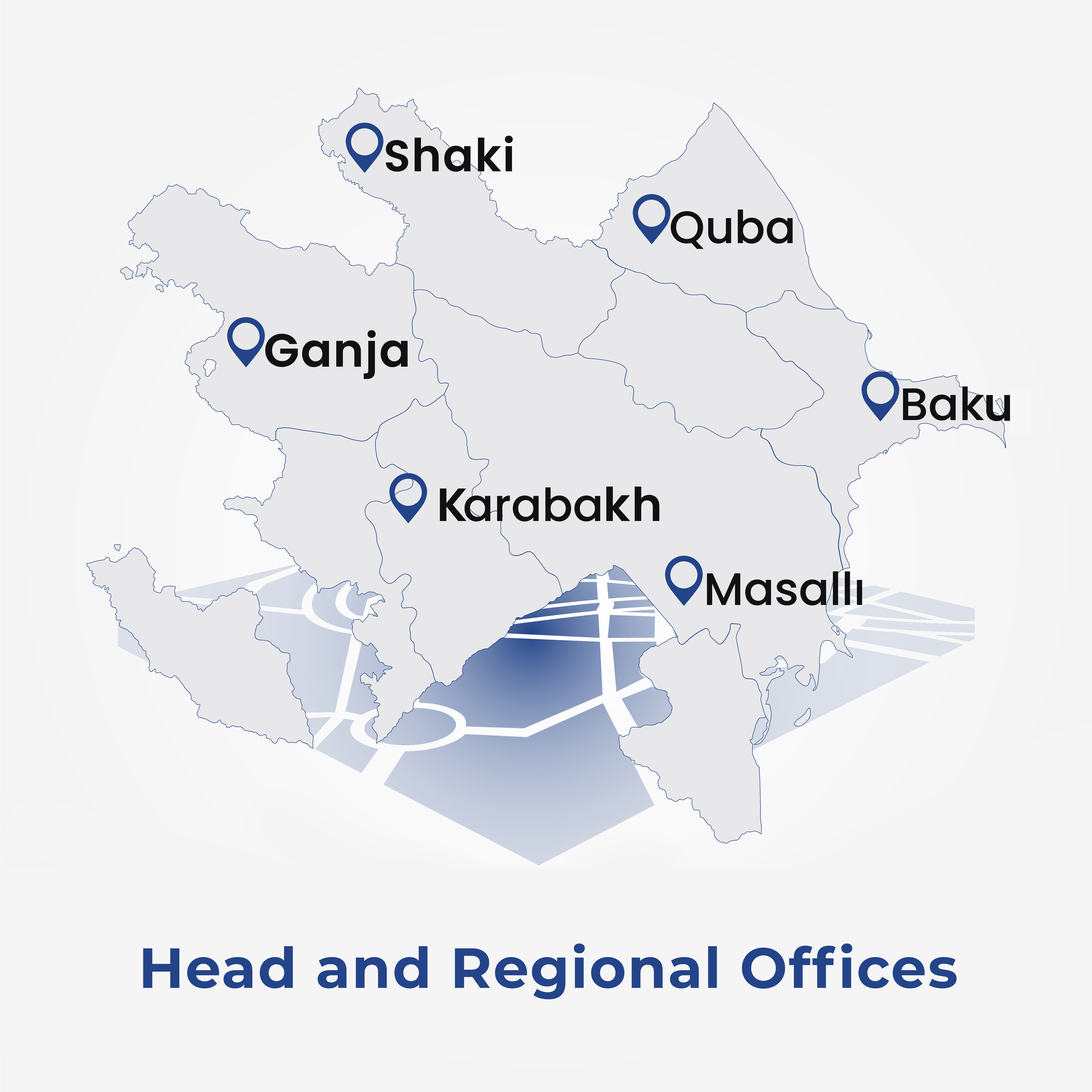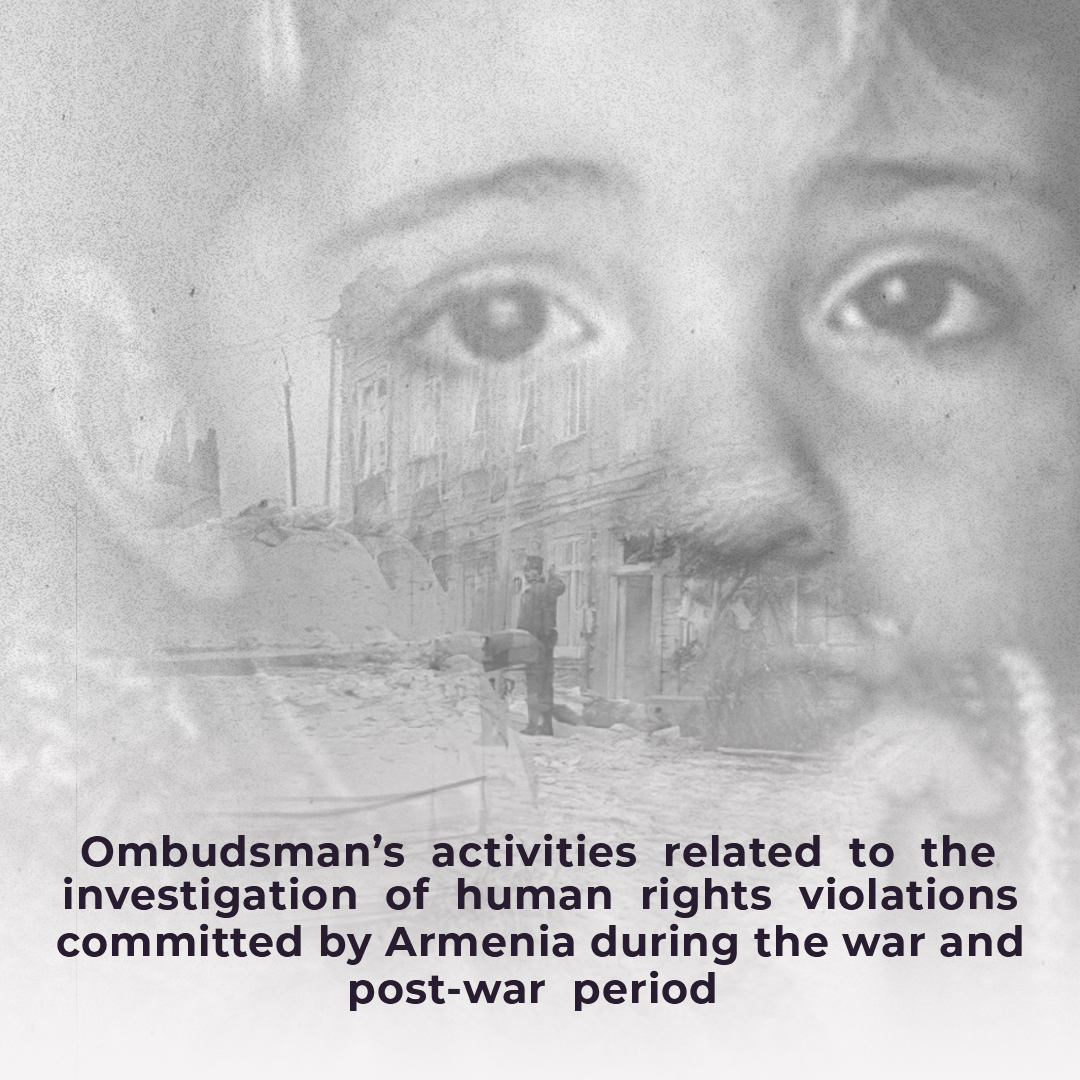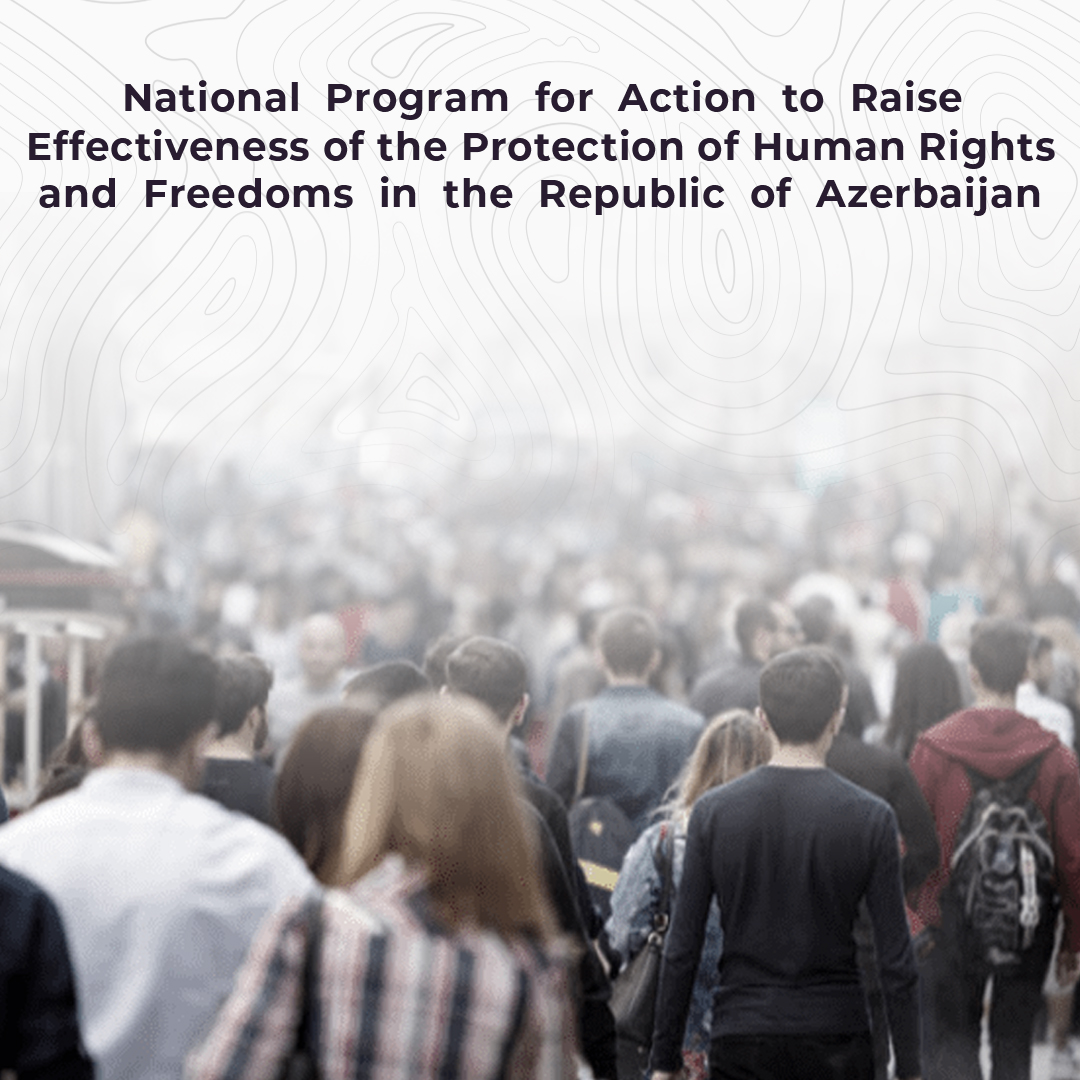
- Home page
- Commissioner
-
Activity Directions
- Mental Health and Human Rights
- Protection of the Rights of Population Groups
- Protection of the Right to Information
- Independent Monitoring Mechanism
- Legal Education
-
International Cooperation
- Cooperation with international organizations
- Cooperation with non-governmental organizations
- Study visits
- Projects
- Statements addressed to the international organizations
- “Ad hoc” reports
- Parallel and alternative reports submitted to the UN Treaty Bodies
- Oral and written statements submitted to the UN Human Rights Council
- Memorandums of cooperation
- Baku Declarations of Ombudspersons
- International Baku Forum
- Scientific Analytical Work
- Cooperation with Public and Civil Society Organizations
- Business and Human Rights
- National Preventive Mechanism Against Torture
- Protection of Human Rights
- Documents
- Media
- Live
- Contact
- Home page
- Commissioner
-
Activity Directions
- Mental Health and Human Rights
- Protection of the Rights of Population Groups
- Protection of the Right to Information
- Independent Monitoring Mechanism
- Legal Education
-
International Cooperation
- Cooperation with international organizations
- Cooperation with non-governmental organizations
- Study visits
- Projects
- Statements addressed to the international organizations
- “Ad hoc” reports
- Parallel and alternative reports submitted to the UN Treaty Bodies
- Oral and written statements submitted to the UN Human Rights Council
- Memorandums of cooperation
- Baku Declarations of Ombudspersons
- International Baku Forum
- Scientific Analytical Work
- Cooperation with Public and Civil Society Organizations
- Business and Human Rights
- National Preventive Mechanism Against Torture
- Protection of Human Rights
- Documents
- Media
- Live
- Contact
Call center
916
Ombudsman held meetings with Estonian officials in Tallinn
Sabina Aliyeva, the Human Rights Commissioner of Azerbaijan (Ombudsman) paid an official visit to the capital of Estonia, Tallinn.
During the meetings held with Estonian officials, the sides exchanged views on the competencies of the bodies they represent, as well as discussed prospects for cooperation.
The Ombudsman, first, met with Ms. Ülle Madise, Chancellor of Justice of Estonia.
At the meeting, S. Aliyeva gave information about the activity of the Institution. The information on the round clock Call Center, provided by the Ombudsman, was received with great interest. In addition, the sides discussed the activity in the field of protection of the rights of convicts.
The Ombudsman of Azerbaijan also said that the silence of the international community over crimes committed by Armenia against our country and its failure to take punitive action against Armenia resulted in the commission of new crimes.
Ms. Ü.Madise, in her turn, informed the Ombudsman about experience in Estonia. During the meeting, detailed presentations were made on the monitoring visits conducted by the Chancellor, control over the collecting of information, and functions in the field of protection of children’s rights.
Her next meeting, the Ombudsman? ?held with Mr. Eduard Odinets, a Chairman of the Constitutional Committee of the Parliament of Estonia.
At the meeting, the Ombudsman of Azerbaijan briefed on the work done by the Institution and its effective cooperation with the Parliament.
While informing Mr. E.Odinets about a policy of Armenia against our country, the Ombudsman noted that Azerbaijan is always in favor of peace, but Armenia hinders this process, by continuing its sabotage and mining until today, which contradicts the peace initiatives.
In his speech, furthermore, Mr. E.Odinets delivered information about the activity directions of his Committee.
As it was regularly recalled during all international visits of the Ombudsman, during her official visit to Estonia, it was also touched upon mine problem, which impedes the return of our internally displaced persons and the uncertainty, so far, about the fate of 3890 Azerbaijanis, who were reported missing during the First Karabakh War.
At the end of the meetings, Ms. S. Aliyeva presented to Estonian officials the Institution’s printed educational materials translated into foreign languages, as well as reports, statements, and appeals concerning human rights violations committed by Armenia during the war and post-war periods.
- National preventive mechanism against torture
- Protection of the rights of population groups
- Protection of the rights of refugees, IDPs and migrants
- Protection of the rights of detainees and prisoners
- Protection of the rights of military servants
- Protection of women's rights and provision of gender equality
- Protection of child rights
- General
- Legal awareness
- Protection of the rights of older people
- Protection of the rights of persons with disabilities
- Cooperation with public and civil society
- National preventive mechanism against torture
- International cooperation
- Non-Governmental Organizations
- Public hearings
- Mass media
- Business and Human Rights
- Protection of the rights of martyrs' families and war veterans
- Protection of the rights of migrants
- Prevention of discrimination and ensuring equality
- Right to information
- Mental health
- .
-

- The Ombudsman participated in the International Conference on “Artificial Intelligence and Human Rights: Opportunities, Risks and Visions for a Better Future” in Qatar.
-

- The Ombudsman sent letter to UN High Commissioner for Refugees regarding protection of rights of persons deported from Armenia.
-

- A representative of the Ombudsman Office took part in an event organized by the Ministry of Energy.
-

- The Ombudsman’s representatives participated in the Pardon Decree Enforcement Ceremony.
-

- A series of legal awareness events were organized by the Ombudsman's Regional Centers.
-




